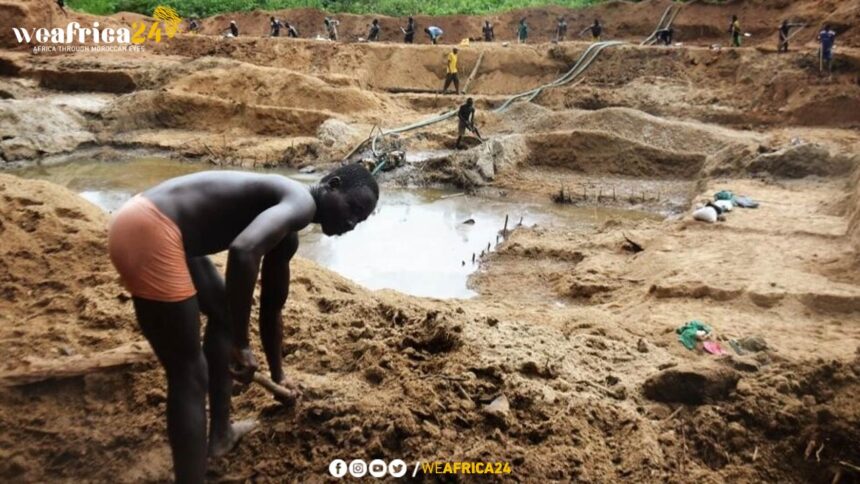A new mining code was passed by the National Assembly at the end of May 2024. This sensitive sector reform initiated several years ago, aims to enhance the mining sector’s contribution to the national economy. One of the key elements of this reform is the establishment of Geminca, the state-owned company responsible for the management and commercialization of precious and semi-precious stones and metals.
The new mining code was the subject of a national workshop in October 2021. This legislation has sparked reactions and raised questions among industry stakeholders. Key concerns include the creation of a mining fund separate from the Treasury accounts and the elimination of the upfront bonus previously required to commence mining activities, which was deemed discouraging for potential investors.
Another significant aspect of the new code is the creation of Geminca. This state-owned company will oversee the majority of transactions involving precious and semi-precious stones and metals. Collectors, who are central to the organization of the mining sector, will become employees of Geminca.
Buying offices will also be required to work on behalf of Geminca. Mining cooperatives will no longer have the freedom to export gold and diamonds on their terms but will have to sell directly to this state entity. Foreign companies, particularly Chinese and Russian, are expected to comply with this measure, although they largely operate outside the formal system according to experts.
This move by the authorities is an attempt to capture revenue from the mining sector. However, it ends “free competition,” a point criticized by the National Union of Mining Cooperatives in a memorandum. This measure, according to industry stakeholders, will deprive cooperatives of a significant portion of their resources, as Geminca’s purchase prices will likely be below market rates. Additionally, cooperatives may struggle to attract investors to develop mining projects.
According to the authorities, the new code aims to “promote investment and combat fraud in the mining sector.” However, during the 2021 national workshop, the World Bank representative expressed “concern.” Beyond the possibility that collectors might refuse to become employees, the reform could “negatively impact the competitiveness and dynamism of the artisanal sector.” Moreover, several experts and the institution itself warn that this measure could be counterproductive, potentially “encouraging informal and illegal production.”







